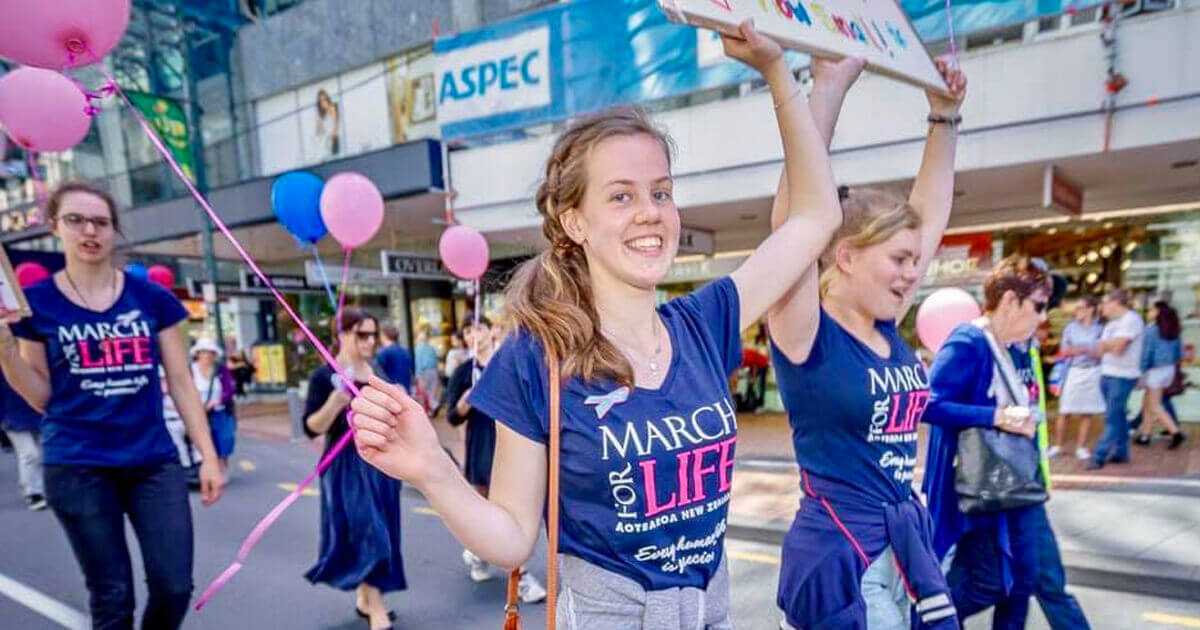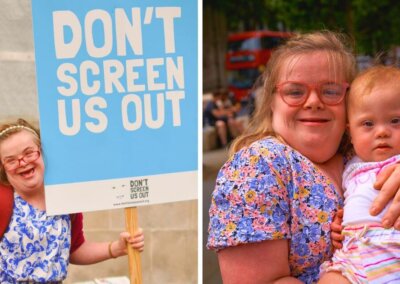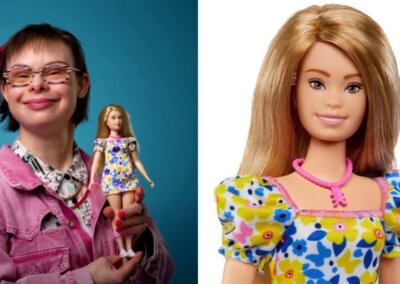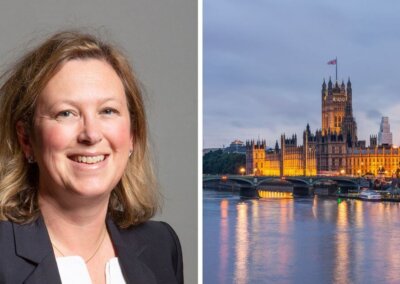Thousands of people from all over New Zealand marched in the country’s capital on Saturday calling on their political leaders to defend human life from conception, ahead of next year’s vote on an extreme abortion bill.
Over 2,000 people gathered in the streets of Wellington for the third National March for Life carrying signs saying “Both Lives Matter” and “Love them Both”.
It comes as steps are being taken by new Prime Minister Jacinda Ardern to permit abortion up to birth for babies with disabilities such as Down’s syndrome or cleft lip and palate.
Currently, there is a 20-week time limit for disability-selective abortions in New Zealand law.
The proposed legislation will see this time limit removed and abortion for babies prenatally diagnosed with Down’s syndrome and other disabilities will be available up until birth, with the approval of a single health practitioner.
Before 20 weeks, expectant women would be able to refer themselves for an on-demand abortion.
A large number of parents have publicly voiced their concerns about the harmful impact this Bill will have on people with Down’s syndrome.
These concerns were echoed to thousands of pro-life campaigners on Saturday as Aggie Brown took to the stage with her husband Derek and their adopted nine-year-old son Reuben.
Addressing the crowds, Aggie explained how she and her husband’s life had changed for the better in having Reuben as part of the family, saying:
“He may have Down’s but he undeniably shows us and others so much love, joy and happiness. He has taught us tolerance, empathy and kindness. There’s no such thing as a perfect human being and it saddens me to hear that Down’s syndrome is seen in a negative light.”
Aggie had been dismayed to learn in the lead up to Reuben’s birth his mother was strongly advised to consider having an abortion, by her GP, who gave her “the worst possible scenario if she chose to keep her Down’s baby”.
She added: “Much work is needed to illuminate the vast majority of genocide, discrimination and mistreatment that people with Down syndrome face.
“We would not be standing here today with our awesome nine-year-old son Reuben had his birth mother decided to have a termination. And for that, we highly commend her in making a courageous selfless decision in choosing adoption as a living option.”
Since 1974, when the first abortion facility opened in Auckland, New Zealand has seen more than 500,000 abortions take place.
In 2018 the total number of abortions was 13,282, the equivalent of 36 abortions per day.












